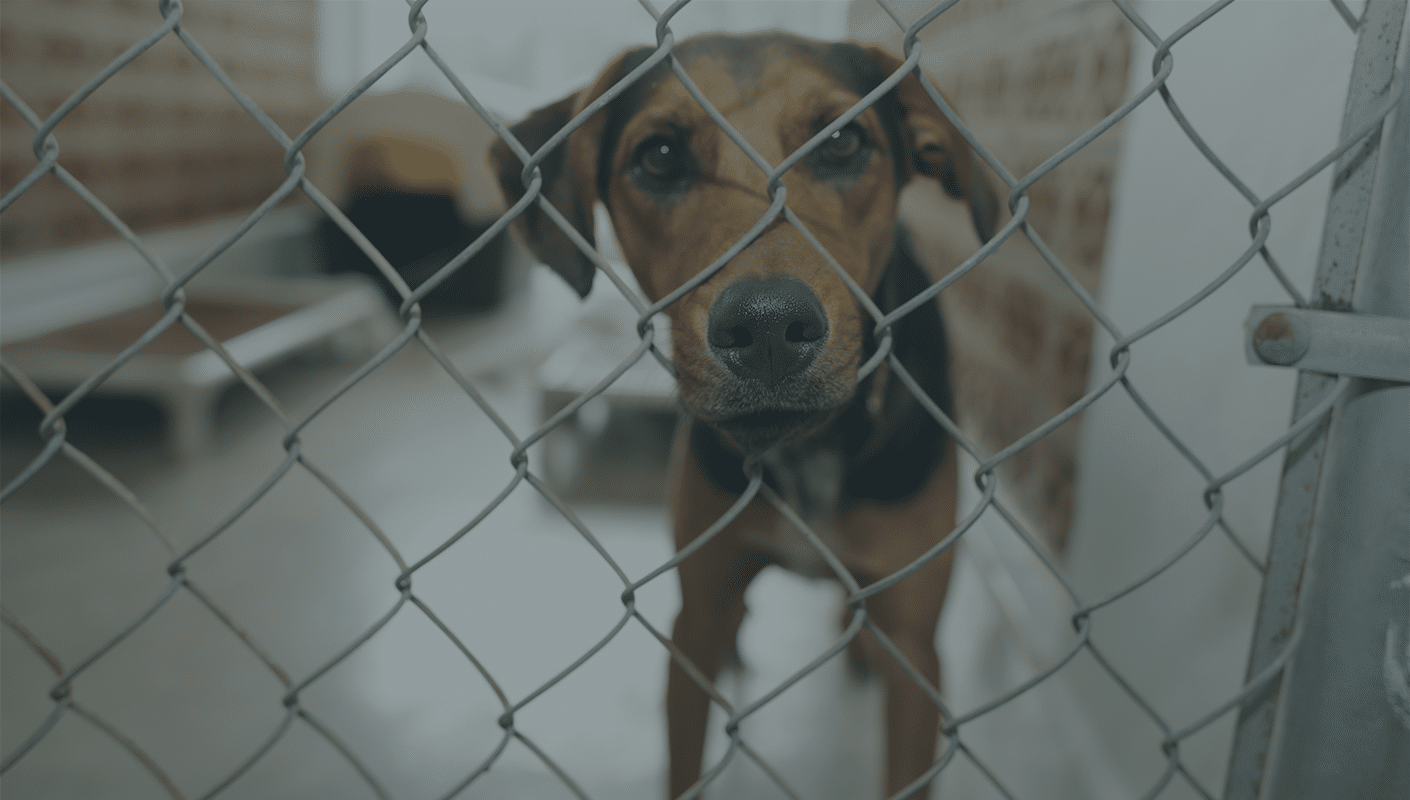Articles
<< back to all ArticlesThe Dog Days: Peace Officer Powers under the Animal Protection Act

With the record-breaking heat, drought, wildfires, and now flooding in Alberta, there are a great number of animals, both domestic and wild, that are suffering or who have been lost or displaced.
If you come across a domestic animal that is in distress or who appears to have been mistreated or neglected, there is a piece of legislation which grants peace officers various powers to ensure that said animal is taken care of: the Animal Protection Act, RSA 2000, c A-41 (the “Act”). Municipalities should particularly be aware of these powers, and their availability in the case of any distressed animals that are encountered throughout the extreme weather our Province has been dealing with over the past few months.
The powers provided to Peace Officers under the Act include:
- The ability to lay charges against the owner or any person who causes or allows the animal to be in distress;
- The power to take any action that the peace officer deems reasonably necessary to remove the animal’s distress, which can include such things as arranging food, water, shelter, and medical treatment for the animal but can also include taking possession and custody of the animal away from the owner;
- The power to enter into premises or to search premises in order to take custody of an animal in distress, or to remove the distress of the animal; and
- The power to inspect premises of businesses to ensure animals are not in distress.
Costs
In the event that an animal is found to be in distress and a peace officer takes possession of an animal, the peace officer will typically deliver the animal to a caretaker, who is usually a veterinarian or a shelter, depending on the animal’s medical needs. As caring for the animal does come with costs (such as shelter, water, and food at a minimum), those costs ultimately end up being the responsibility of the owner of the animal, even if the owner was not the person who specifically caused the animal distress.
The Act also sets out specific tariff rates that are chargeable for certain types of care provided to the animal by a caretaker, so the caretaker’s ability to recover those costs will be limited to the amounts set out in the tariff.
If a veterinarian or a shelter does end up providing care to a distressed animal, they may have difficulty recovering those costs from the owner. If charges are laid against the owner, the owner may ultimately be subject to a fine, and the Court may also impose an order preventing or limiting the owner’s ability to own and care for animals in the future. However, there is not clear authority that allows the Court to order the owner to pay any costs owing to the caretaker. Instead, the caretaker is most likely stuck suing the animal owner directly, in an action in debt.
Custody of the Animal
If a charge is laid against a person for causing distress to an animal, obviously, the animal should not be placed back into the care of the person who was hurting to cause distress to that animal in the first place. The Act allows a peace officer to apply to the Court of King’s Bench for a court order granting custody of the animal to the peace officer pending the disposition of the charges against the person or owner of the animal. It is important that, if such a custody order is sought, it should provide that in the event the individual is found guilty (or pleads guilty), ownership of the animal should permanently be granted to the Peace Officer, who can then place it in a shelter or adoption agency, or elsewhere for the animal to be cared for. Otherwise, there may be situations where the ownership of the animal is unclear, even if the owner is found guilty of causing distress to the animal.
This post is meant to provide information only and is not intended to provide legal advice. Although every effort has been made to provide current and accurate information, changes to the law may cause the information in this post to be outdated.

